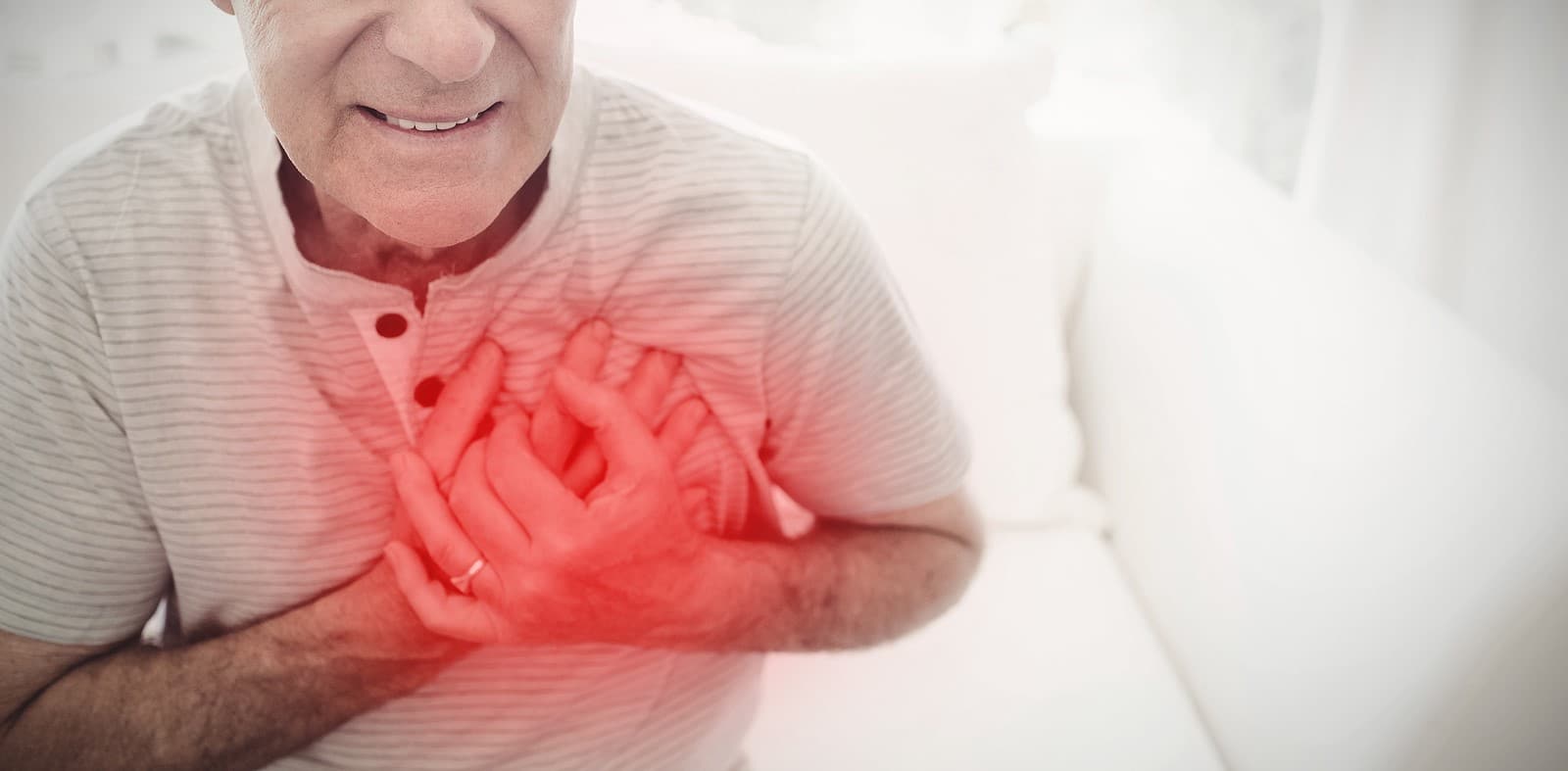
Cardiac Arrest Can Happen at Any Age
Cardiac arrest happens suddenly and without warning. Cardiac arrest is the sudden stopping of the heart’s activity, which can result in death. A cardiac arrest usually occurs when an electrical disturbance causes a problem with the heart’s rhythm or when there is not enough blood flow to meet bodily demands for oxygen. A cardiac arrest can be caused by things that are associated with poor health practices such as lack of physical activity, alcohol consumption, smoking cigarettes, eating salty food or other reasons. Cardiovascular conditions such as coronary artery disease also lead to cardiac arrest if left untreated.
Difference Between Heart Attack and Sudden Cardiac Arrest
The word “heart attack” is frequently used interchangeably with the term “cardiac arrest.” While a cardiac arrest can occur as a result of a heart attack, the two are not the same. A cardiac arrest is the result of an arrhythmia, or abnormal heart rhythm.
Cardiovascular disease can lead to coronary artery blockages, which cause this irregularity in electrical activity on the heart. A heart attack results from a lack of blood flow to certain areas of the heart muscle caused by arterial plaque build up and clotting within one of these arteries supplying blood to the area supplied by that particular artery. More than 356,000 cardiac arrests occur outside a hospital in the U.S. each year. (American Heart Association)
Symptoms of Sudden Cardiac Arrest and Heart Attack
The symptoms of a cardiac arrest are sudden and can be drastic. Cardiac arrest presents the following symptoms: sudden loss of consciousness, sudden collapse, no pulse and not breathing. Symptoms that arise during a heart attack include chest pain or discomfort; dizziness; shortness of breath; nausea/vomiting; sweating and sleeplessness. (Mayo Clinic, 2021)
Causes of Sudden Cardiac Arrest
While the most common cause of sudden cardiac arrest is arrhythmia, there are certain heart conditions that can lead to a sudden cardiac arrest. Some of these conditions are:
Cardiovascular Disease
People with coronary artery disease, in which the arteries become clogged with cholesterol and other deposits, decreasing blood flow to the heart, are more likely to experience sudden cardiac arrest.
Cardiomyopathy
This happens when the muscle walls of your heart expand and grow or thicken. The muscle of your heart then becomes abnormal, resulting in arrhythmias.
Valvular Heart Disease
Leaking or narrowing of your heart valves might cause your heart muscle to expand or thicken. Arrhythmia is more likely to develop when the chambers become enlarged or weaker as a result of stress induced by a tight or leaky valve.
Congenital Heart Disease
Congenital heart disease may be the cause of sudden cardiac arrest in children or teenagers. Adults who have had surgery to address a congenital heart abnormality are nonetheless at risk of abrupt cardiac arrest.
(Mayo Clinic, 2021)
Responding to Cardiac Arrest
Quick response to cardiac arrest is the most important factor in determining survival. Most patients of cardiac arrest can be revived if they are treated quickly. To begin, dial 911 for immediate medical assistance. Then, if one is available, obtain an automatic external defibrillator and utilize it as soon as it comes. Start CPR right away and keep it going until expert emergency medical help arrives.
Knowing CPR can be a lifesaver. If there are two individuals available to aid, one should start CPR right away while the other dials 911 and locates an AED. (American Heart Association) To learn more about CPR, check this link to find classes in your area: https://cpr.heart.org/en/
You can reduce your risk of sudden cardiac arrest by choosing a lifestyle that supports a healthy heart – a healthy diet, regular physical activity as well as by getting regular checkups and getting routine screenings for heart disease. Contact your doctor for further assistance. If you witness anyone going through the symptoms of cardiac arrest, call 911 immediately.
Works Cited
“Heart Attack and Sudden Cardiac Arrest Differences.” Www.heart.org, www.heart.org/en/health-topics/heart-attack/about-heart-attacks/heart-attack-or-sudden-cardiac-arrest-how-are-they-different.
“Sudden Cardiac Arrest.” Mayo Clinic, Mayo Foundation for Medical Education and Research, 2 Nov. 2021, www.mayoclinic.org/diseases-conditions/sudden-cardiac-arrest/symptoms-causes/syc-20350634.
“About Cardiac Arrest.” Www.heart.org, www.heart.org/en/health-topics/cardiac-arrest/about-cardiac-arrest.
